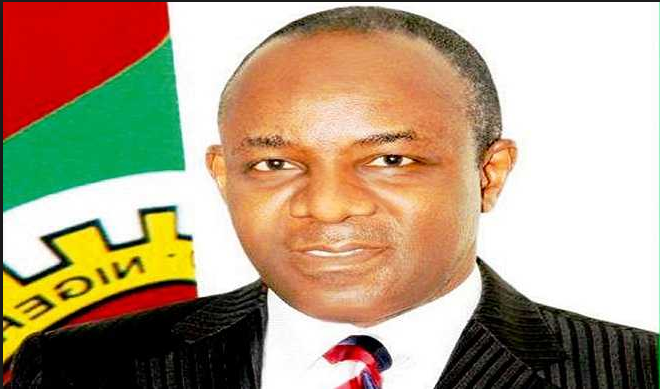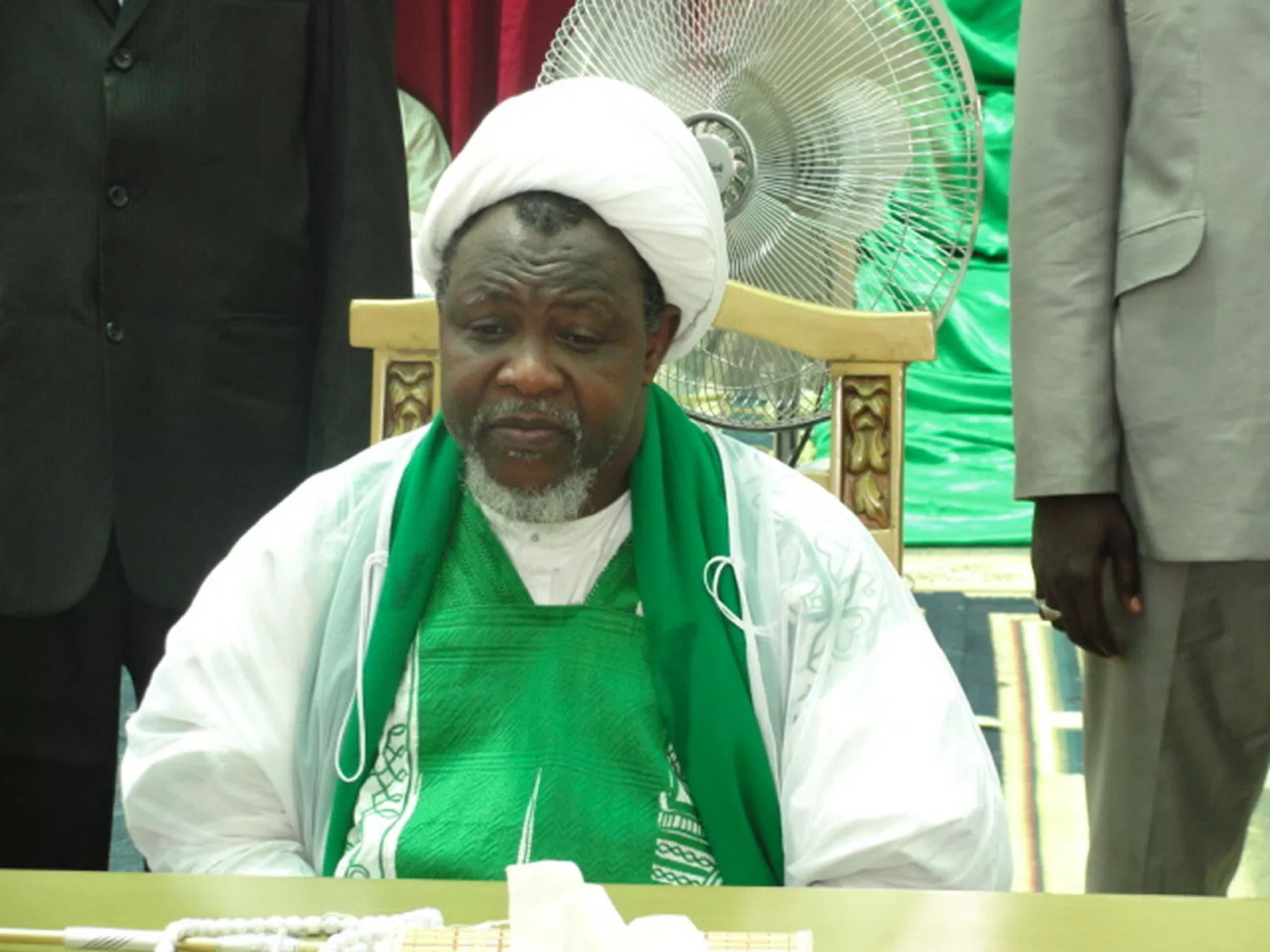Minister misfires, as daily petrol consumption hits over 51m litres

The Minister of State for Petroleum Resources, Ibe Kachikwu’s statement earlier in the year that the government had succeeded in ending fraud impacted volumes of PMS consumed daily from 50 million litres to 28 million litres, has failed.
This is because, with the recent shortfall of 16,256 Megawatts (MW) in electricity requirement in Nigeria, the demand for Premium Motor Spirit (PMS) otherwise called petrol has increased.
Recently released data by the National Bureau of Statistics (NBS), states that the national daily average consumption has risen from 40 million litres to 51.8 million litres.
The national daily petrol consumption was always a controversial issue, especially when petrol was under full regulation.
That is because some oil marketers were known to have consciously inflated figures in order to get higher subsidy claims for imports.
The NBS PMS import for the fourth quarter (Q4) 2016, revealed an increase in the volume of petrol imported into the country during the period, rising from 1.4 million in October to 1.6 million in November and 1.7 million in December.
However, the Nigerian National Petroleum Corporation (NNPC) says there was nothing out of the ordinary in the rise.
According to the Group General Manager, Group Public Affairs, Ndu Ughamadu, one of the reason for the increase in consumption statistics, was NNPC’s effort to make for continuous availability of petrol across the country especially during Christmas, when demand was the highest.
Recently gathered information by Daily Times, revealed that the rise in petrol demand is because of shortage in electricity.
Despite a national peak demand of 19,100MW, supply had remained below 4,000MW.
Findings show that many Nigerian homes and companies rely on Petrol and diesel to power their generators.
As the demand for petrol increases, some filling stations around Lagos which sold the product between N138 and N142 per litre, below the official pump price of N145, have since increased price.
Although, the Federal Government promised to increase electricity output to a minimum of 10,000MW before the end of 2016, the country was only able to attain a peak supply of 5,074.7MW in February last year, which lasted for less than an hour.
The Minister of Power, Works and Housing, Babatunde Fashola, said recently that about 1.699MW will be added to the country’s generation capacity, when the abandoned power projects are completed.
Fashola listed the projects to be completed this year to include 215MW Kaduna Power; 40MW Kashimbilla Power; 40MW Gurara 1 Power; 29MW Dodin Kowa Power; 10MW Katsina Power; 1,125MW Solar projects and the 240MW Emergency Power Project for Afam.
Commenting on the increase in demand for petrol, the Chairman, Petroleum Downstream Sector Group, Lagos Chamber of Commerce and Industry (LCCI), Ken Abazie, put the average daily consumption of the product at about 45 million litres.
He said that consumption initially downed to 25 million litres when the price of petrol was increased to N145 per litre by the Federal Government, saying: “It was an immediate reaction to the price increase and this gave government some kind of relief because the pressure on importation also reduced. But, progressively, people adjusted; people began to accommodate the rise in energy cost to their daily cost. So, this made the daily consumption to begin to rise.”
Abazie said that production from local refineries is also rising, which will increase the availability of petrol locally.
Also, Senior Vice President, Centre for Values in Leadership (CVL), Rasheed Adegbenro, said that Nigeria could not be industrialised without regular electricity supply, and as such, cannot be competitive even in the next 20 years with the level of electricity supply in the country.
“If you have television, refrigerator and air conditioner at home, you are consuming the energy of 100 people. There is no way we can run industrialisation on a per capita consumption of 13 watts.
“Also, the telecommunication companies are struggling with providing self-generated power for their transmission networks. When they realised there was no power after acquiring the assets, they quickly mobilised funds from international financiers to remain in business.
“Discos and Gencos are challenged because the money is not there. Those who took money from the banks cannot pay back and the banks are not ready to release more funds for the electricity firms,” he said.
Adengbenro, President, Nigeria -Vietnam Chamber of Commerce and Industry, Oye Akinsemoyin, said that government’s solutions to the electricity challenges have not been effective.
“I think government needs a new cabinet to manage the challenges of electricity in Nigeria. My chamber spends so much on self-generated power despite paying so much on estimated bills.
“Government should look at other sources of power and stop depending on gas as they have failed us. The Discos are complaining about the tariff system, which they said is not cost effective for their operations. Government needs to intervene in the areas of infrastructure upgrade,” he said.








